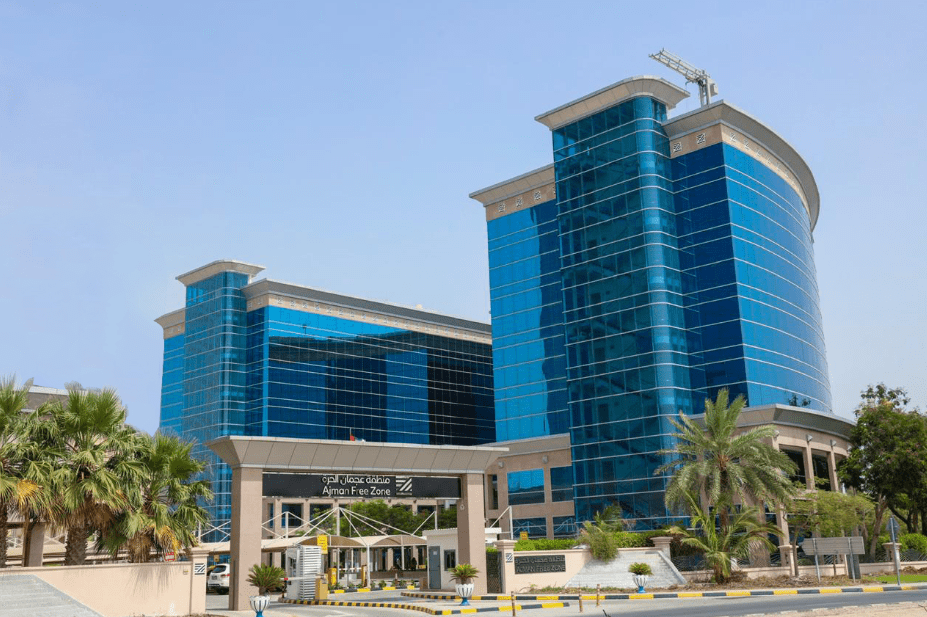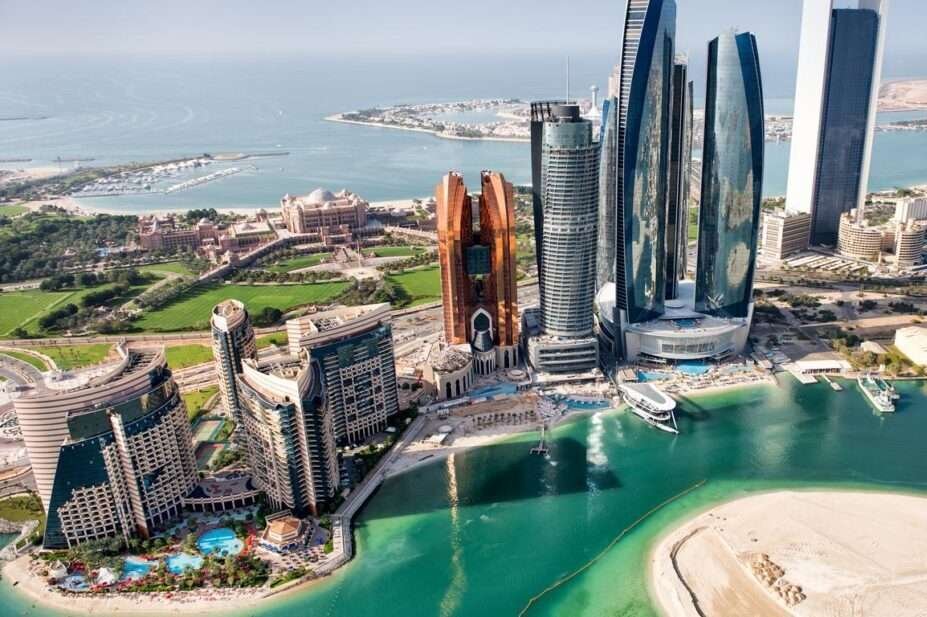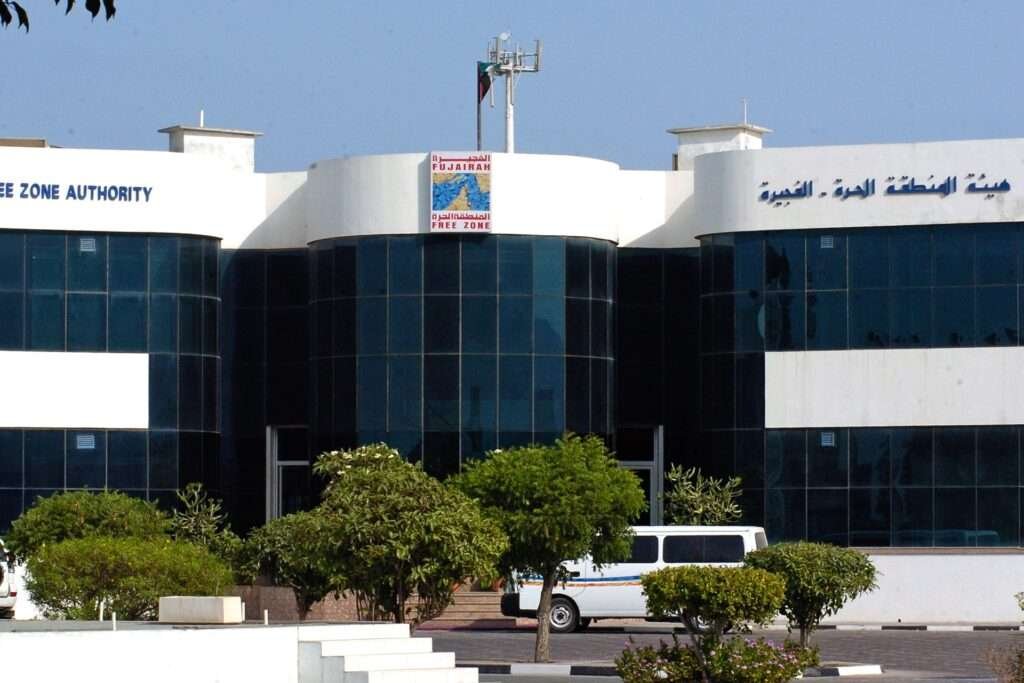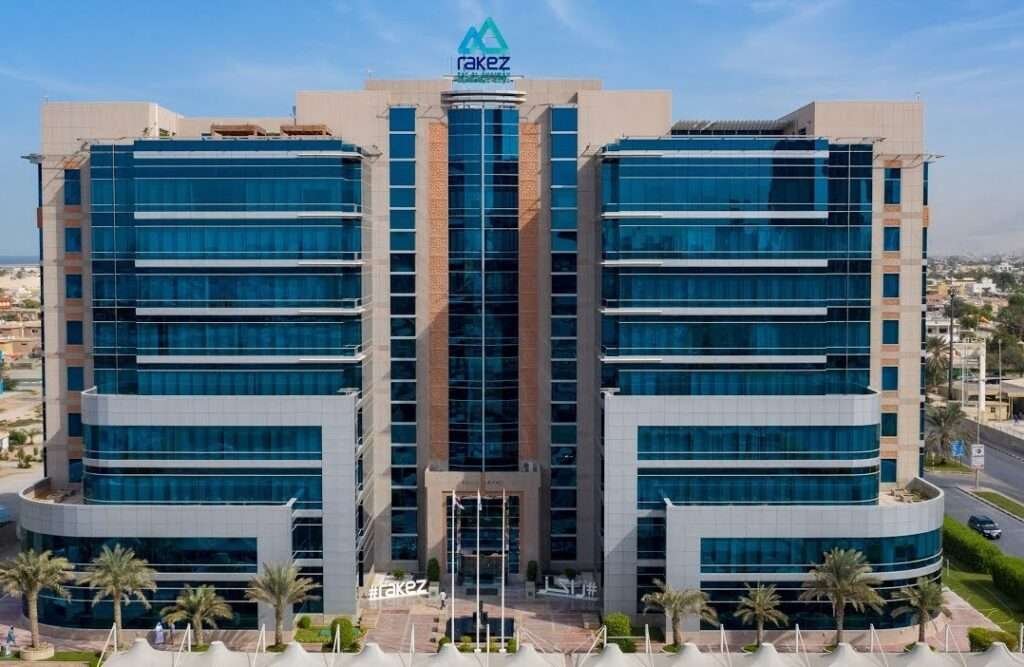Abu Dhabi has invested heavily in developing infrastructure that has underpinned the Emirate’s growth over the past 30 years. Power and water utilities that were first developed in the 1960s for a population in the tens of thousands have grown to serve 1.7m people with increasing sophistication. Modern transport and communications links have facilitated trade and Business with regional and global partners. Not content however with the present infrastructure, Abu Dhabi has embarked on a massive investment and upgrade programme across its utilities and transport sectors to ensure that economic growth is not constrained by lack of capacity.
The UAE’s strategic location between Asia, Europe and Africa is a major advantage to investors, particularly the country’s proximity to some of the world’s fastest growing economies in Asia. India and China collectively comprise almost 40% per cent of the world’s total population and support and combined GDP in excess of US$5 trillion, providing significant economic and trading opportunities. Abu Dhabi occupying more than 80% of the total land area of UAE leverages all the strategic advantages of the UAE.
Abu Dhabi International Airport is already a major hub for cargo and passenger traffic. Both passenger numbers and cargo volumes are on a strong upward trajectory. Given local economic growth and Abu Dhabi’s easy accessibility from other growing urban centres, the airport is currently undergoing a significant expansion to meet future demand. Mina Zayed, the home port of Abu Dhabi, reports double-digit growth in its cargo handling and 8% growth in its passenger numbers in Q1, 2012.
Abu Dhabi offers top-notch meeting facilities, venues and services including a state-of-the-art exhibition centre, Abu Dhabi National Exhibition Centre (ADNEC). ADNEC is the world’s most modern, and the Gulf’s largest, exhibition centre that attracts as many as 1.5 million visitors annually. The unrivalled and ever-improving Business Tourism infrastructure also includes many world-class hotels including the Emirates Palace, the region’s best Arabian-style hotel and other five star hotels which offer sophisticated meeting facilities.
The Abu Dhabi Economic Vision 2030 plans are being implemented systematically towards Emirates’s economic growth and diversification through an effective expansion of strategic sectors like energy – oil and gas, petrochemicals, metals, aviation, biotechnology, tourism, healthcare, logistics, education, media, financial services and telecommunication services. Through its Masdar initiative, Abu Dhabi hopes to become a world centre for renewable technologies.







